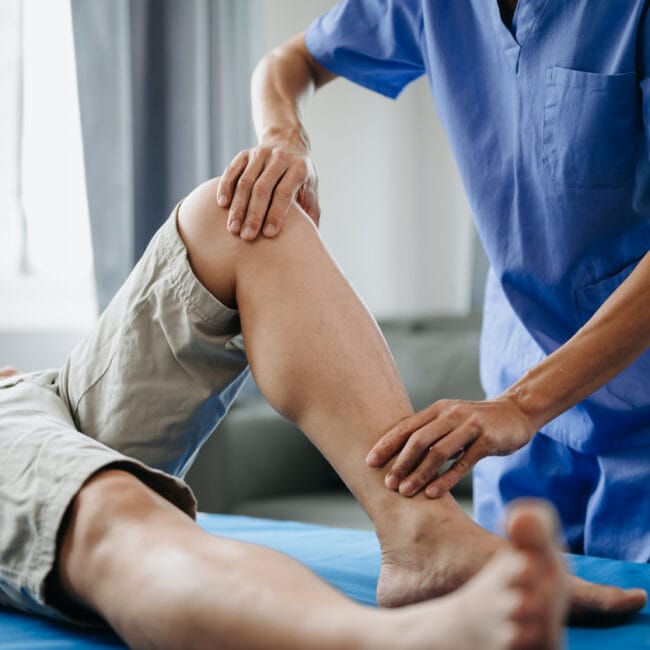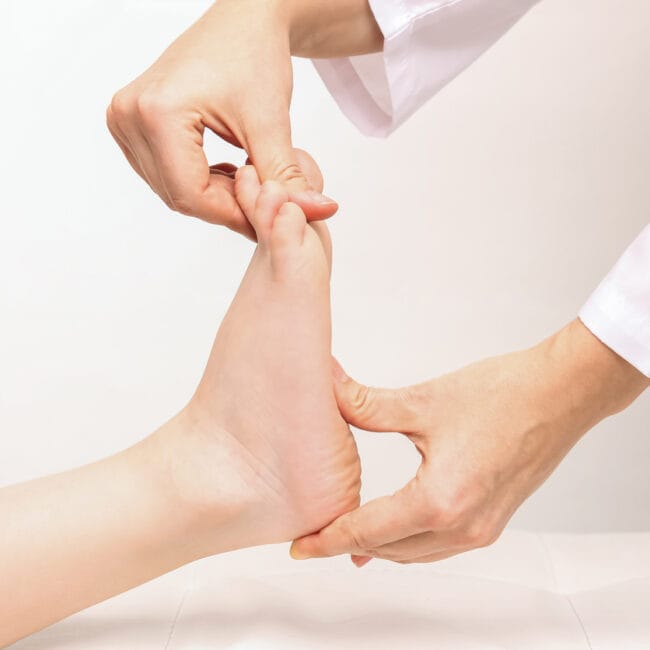Maintaining balance and preventing falls becomes increasingly crucial as we age to ensure a high quality of life. We specialise in providing comprehensive assessments and tailored exercise programs to help older adults stay safe and active. Here’s why balance and fall prevention are essential and how we can help.
Understanding Balance Issues
Balance problems can arise from various factors, including:
- Muscle Weakness: Reduced strength in the legs and core can affect stability.
- Joint Issues: Arthritis and other joint conditions can impair movement and balance.
- Vision Changes: Deteriorating vision can make it challenging to navigate obstacles.
- Inner Ear Problems: Vestibular issues can cause dizziness and imbalance.
- Medications: Certain medications may have side effects that affect balance.
The Impact of Falls
Falls are a leading cause of injury among older adults and can result in:
- Fractures and Sprains: Common injuries include broken hips, wrists, and ankle sprains.
- Loss of Independence: Fear of falling can lead to reduced mobility and activity levels.
- Hospitalisation: Serious falls often require medical intervention and extended recovery periods.
Comprehensive Balance Assessments
We conduct thorough balance assessments to identify risk factors and develop a personalised plan. Our assessments include:
- Gait Analysis: Evaluate the way you walk to identify any abnormalities.
- Strength Testing: Measuring muscle strength in key areas such as the legs and core.
- Flexibility Testing: Assessing the range of motion in joints.
- Postural Assessment: Analysing your posture and alignment.
Tailored Exercise Programs
Based on the assessment results, we create a customised exercise program to improve balance and prevent falls. Key components include:
1. Strength Training:
Exercises to strengthen the legs, core, and other essential muscle groups.
2. Balance Exercises:
Specific exercises to improve coordination and stability include standing on one leg and heel-to-toe walking.
3. Flexibility Exercises:
Stretching routines to enhance joint mobility and reduce stiffness.
4. Functional Training:
Exercises that mimic daily activities to improve practical skills and confidence.
Fall Prevention Strategies
In addition to exercise, we provide practical tips to reduce the risk of falls at home:
- Clear Pathways: Remove tripping hazards like loose rugs and clutter.
- Proper Lighting: Ensure all areas, especially stairways, are well-lit.
- Supportive Footwear: Wear shoes with good support and non-slip soles.
- Assistive Devices: Use aids such as canes or walkers if needed.
Book Your Assessment
Ready to improve your balance and reduce the risk of falls? Book an assessment with us today and take the first step towards a safer, more active life.
By understanding the importance of balance and fall prevention and committing to a tailored exercise program, you can enjoy a safer, more independent lifestyle. Let us support you in achieving these goals.
Contact Us:
Phone: 01 6111 740
Email: info@spectrumhealth.ie















